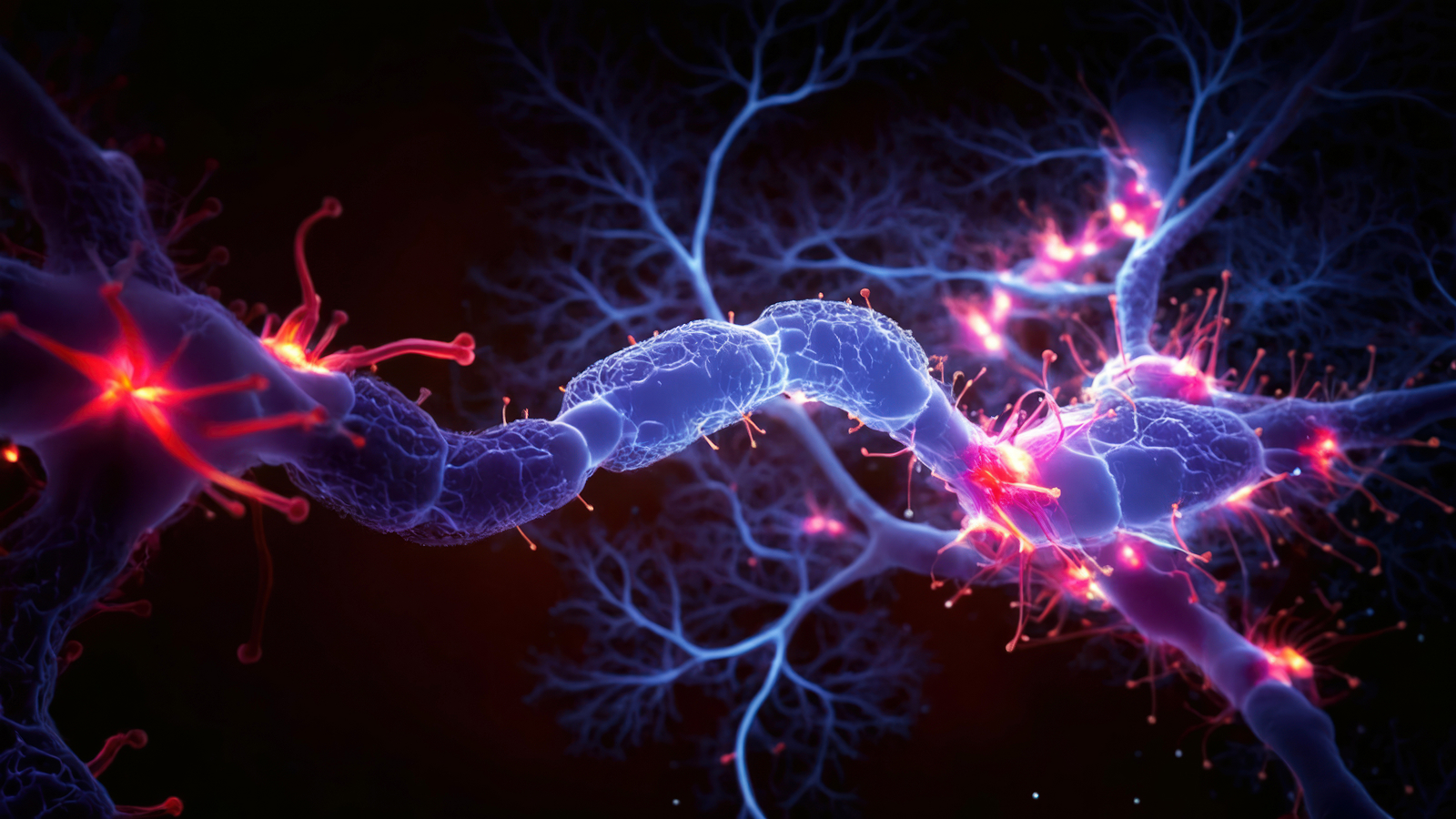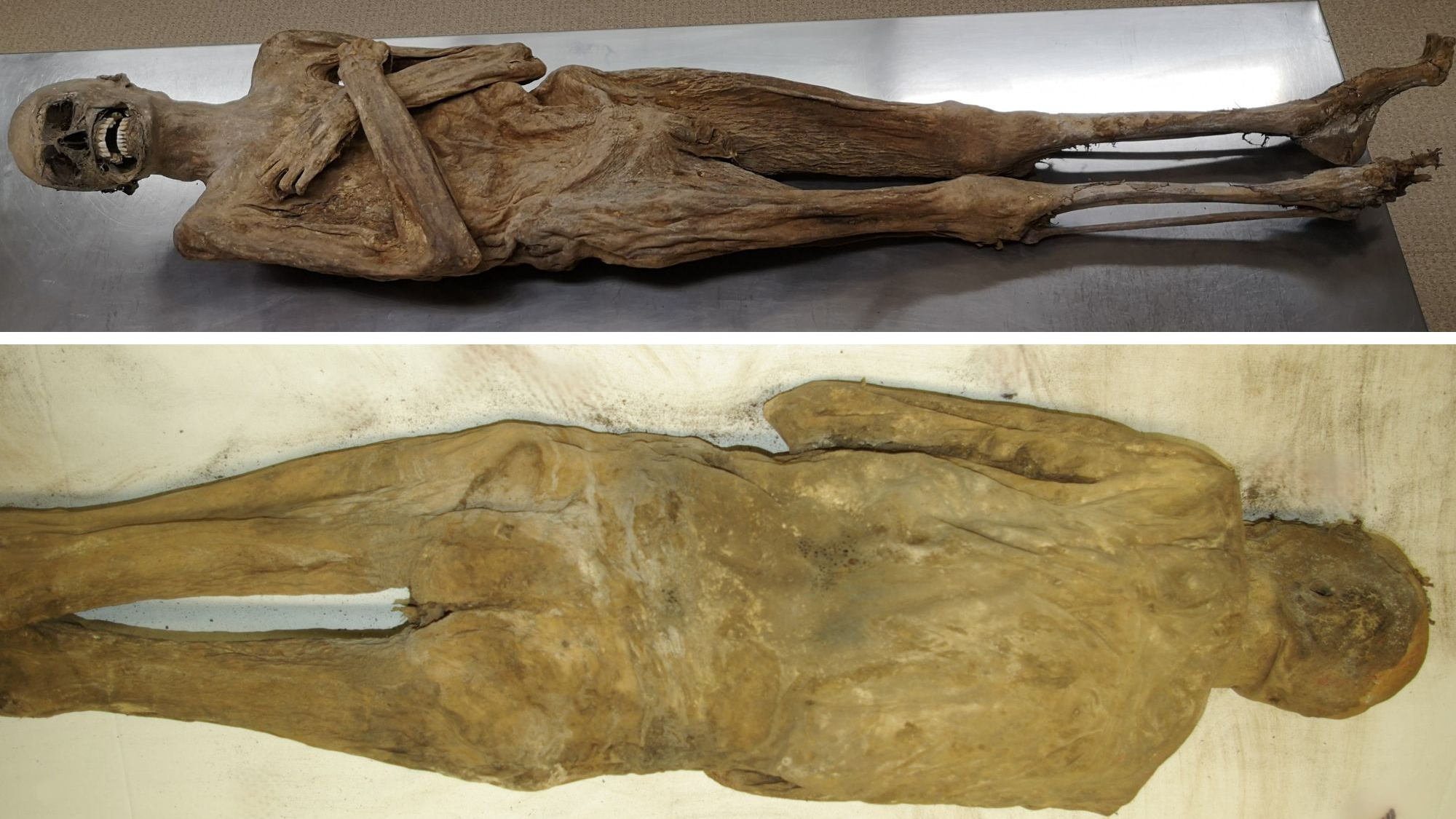Drug Quells Urge to Steal

A drug given to kleptomaniacs took some of the fun out of stealing, a new study suggests.
"It gets rid of that rush and desire," said study team member Jon E. Grant of the University of Minnesota School of Medicine. "The difference in their behavior was significant, and these people were really troubled by their behavior."
Theft is a multi-billion dollar problem for U.S. retailers, and researchers think a lot of the problem owes to kleptomaniacs, who aren't necessarily stealing to eat or support a drug habit but rather because taking things — even stuff they don't need — is simply irresistible.
"These are people who steal even though they can easily afford not to," Grant said.
But nobody really knows much about kleptomaniacs, because they don't typically seek treatment. A university statement cites a previous study of 43,000 adults that found 11 percent admitted to shoplifting in their lifetimes.
In the small study, 25 habitual thieves, men and women age 17-75, were recruited and given either a placebo or the drug naltrexone — known to curb addictive tendencies toward alcohol, drugs and gambling. Naltrexone blocks the effects of substances called endogenous opiates that the researchers suspect are released during stealing and which trigger the sense of pleasure in the brain.
After eight weeks of treatment, the drug reduced the urges to steal and stealing behavior, the scientists report today in the journal Biological Psychiatry.
Sign up for the Live Science daily newsletter now
Get the world’s most fascinating discoveries delivered straight to your inbox.
"About two-thirds of those who took the drug reported remission of symptoms (no stealing and very little if any urges to steal) compared to about 8 percent of those taking placebo," Grant told LiveScience.
"These individuals had long histories of stealing, reported urges to steal, and described a 'rush' or thrill from the behavior," Grant said. "Naltrexone's efficacy in treating the symptoms of kleptomania suggests that kleptomania in particular, and impulse control disorders in general, may be related to substance addictions and share a common brain circuitry."
Grant acknowledged that the study was very small, and so we "should be cautious in interpreting the results. That is, the medication may offer benefit but it is not some type of 'magic pill.'"
Though the drug's side effects appear to be mild, more study is needed to evaluate the long-term effects, the researchers stated, adding that it would likely be most effective if used in conjunction with personal therapy.
- Video: The Addiction Gene
- Really Strange Things Humans Do
- Why We Lie and Cheat
Robert is an independent health and science journalist and writer based in Phoenix, Arizona. He is a former editor-in-chief of Live Science with over 20 years of experience as a reporter and editor. He has worked on websites such as Space.com and Tom's Guide, and is a contributor on Medium, covering how we age and how to optimize the mind and body through time. He has a journalism degree from Humboldt State University in California.











